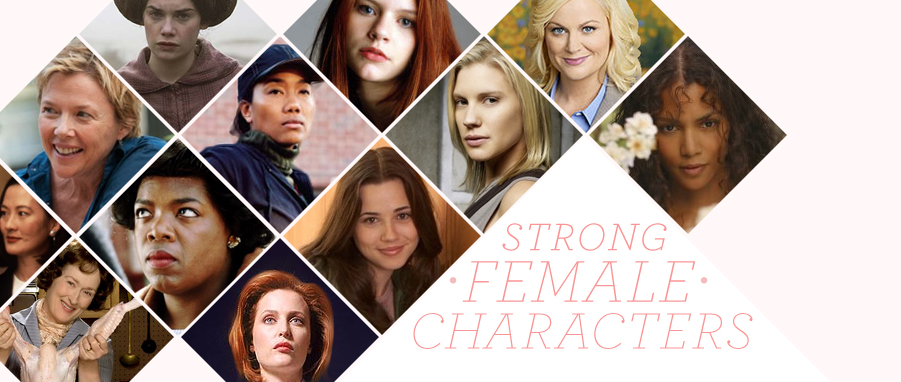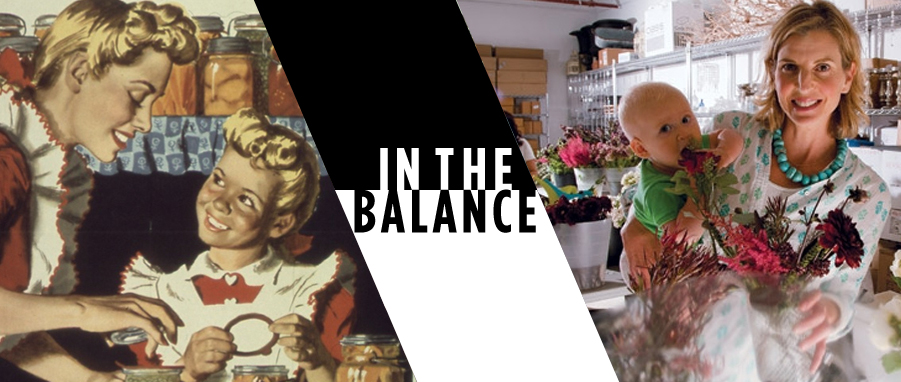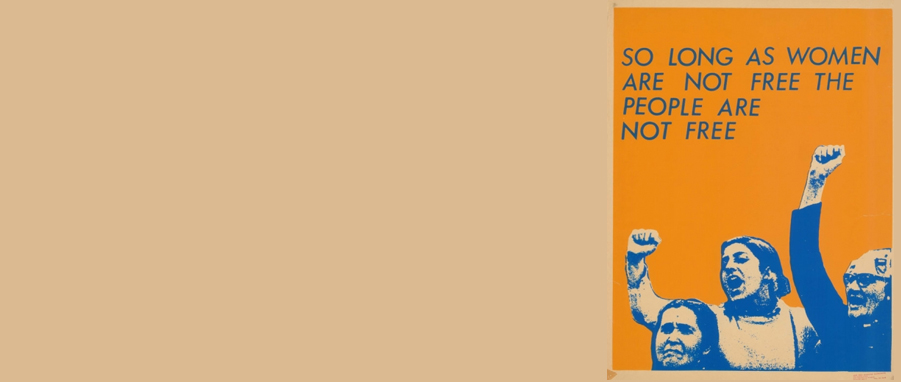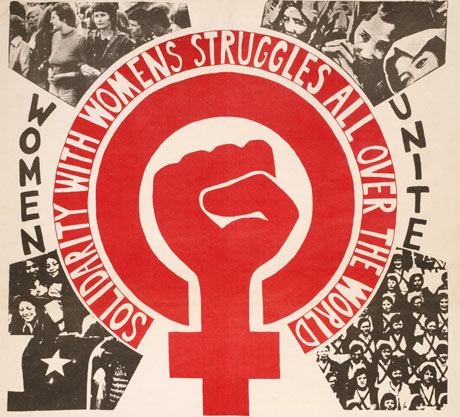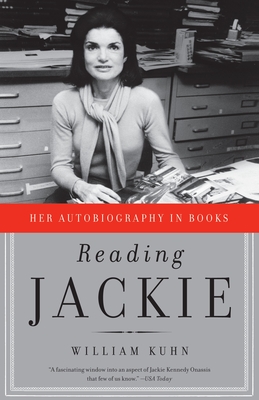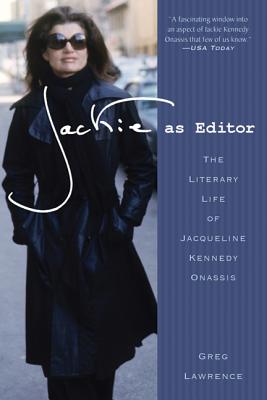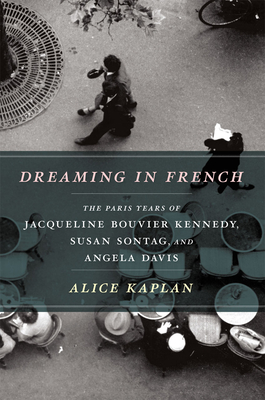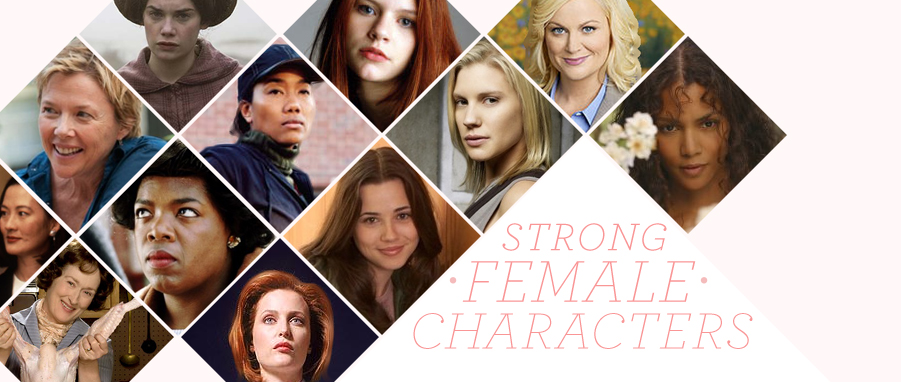 I recently read Peggy Orenstein’s Cinderella Ate My Daughter, which examines the numerous sociological trends that affect the upbringing of the young American girl, from Disney Princesses to an obsession with pink to the unhealthy emphasis placed on beauty and romance. Orenstein posits that while there have always been difficulties in raising confident, not-defined-by-gender-stereotypes daughters, there has been a recent turn towards “pink power” that sees hyperfemininity as something to be celebrated and—also—commodified. She asks: what harm are we doing to our daughters by allowing them to buy into this type of girl culture? And is there even a way around it?
I recently read Peggy Orenstein’s Cinderella Ate My Daughter, which examines the numerous sociological trends that affect the upbringing of the young American girl, from Disney Princesses to an obsession with pink to the unhealthy emphasis placed on beauty and romance. Orenstein posits that while there have always been difficulties in raising confident, not-defined-by-gender-stereotypes daughters, there has been a recent turn towards “pink power” that sees hyperfemininity as something to be celebrated and—also—commodified. She asks: what harm are we doing to our daughters by allowing them to buy into this type of girl culture? And is there even a way around it?
This got me thinking about my own childhood, and the gender stereotypes and plastic role models I was raised on. Was it better or worse than what’s available to girls today? Walking around toy and kids’ clothes aisles in Target, everything seems familiar: Barbies, Polly Pockets, Dream Phone (yeah I totally owned that). But is Orenstein correct in saying that this lifestyle, these values, are more insidiously ingrained than they were in the 1950s to early 1990s? (Yeah really—the 1950s??)
In response, I did a quick mental review of all of my Halloween costumes from childhood to high school. Halloween costumes are the one time a year that all children, and not just those attending Disney On Ice shows, exorcise their inner aspirational identities whether those are found in the professional (astronaut, cheerleader, ballerina) or the fantastical (princess, skeleton, Muppet) worlds. And it's surprising how many of these aspirational identities reflect the desire to properly align with gender conventions as displayed by both role models and peers, even in the so-called pre-"pink power" era. I realize it's a little early (late?) to be talking about Halloween, but bear with me-- let's just say I'm keeping the whole post in the strictly anti-normative mode---rejecting media---and commodity-driven holiday industries---yada yada yada.
Kindergarten: Cat. Because my parents chose my costume. I vowed never to do it again because I couldn’t deal with the face paint. Question: have you ever seen a boy dress as a cat? Why the close association between the feline and the feminine?
First grade: Princess. Really, the pinnacle of my aspirational fantasies, not duplicated in subsequent years only because I didn’t want to copy myself. My princess image was ripped straight from the pages of early ‘90s Mac kids’ computer game Storybook Weaver: a long white dress, a tall pointy damsel-in-distress hat with a delicate veil flapping from the top, loose flowing hair. I was, for that night, I think, truly happy.
Second grade: Fairy. Because I couldn’t be a princess again. Blue wings, a silver-pipecleaner-encrusted wand (something I for a brief time collected at every street fair my family took me to).
Third grade: Ballerina. I knew how to be a ballerina because I took ballet for two weeks when I was five. I actually quit because they told me we couldn’t wear tutus, which I had mistakenly thought was what ballet was about. Took the cheap route and wore my never-used tutu over my hot pink one-piece bathing suit.
Fourth grade: Witch. Major paradigmatic shift. I was getting older, and it was starting to be cool to be not-pink. Instead I went all-black.
Fifth grade: Cowgirl. My gender-based evolution led me to privilege chic fashion over ultra-femininity, and I felt like with a cowgirl costume I could show off my cute denim skirt, throw on a cute denim vest, and accessorize with a charming cow(boy) hat, Western-style kerchief, and boots. I felt pretty good about this one. I felt grown up.
Sixth grade: Gypsy. My rejection of commercialism (not wanting to call the store-bought costume an “Esmeralda” from The Hunchback of Notre Dame) led me to label it in an ethnically essentialist way instead, but what is Halloween if not a whole bunch of essentialism/racism? (I don’t do this anymore.) Same thing happened in eighth grade when I labeled my I Dream of Jeannie costume a “harem girl” (yikes).
Seventh grade: Sorceress. Honestly, I was just lazy and wanted to reuse my witch costume. I wore more makeup. My mom wouldn’t let me on normal days.
Eighth grade: See sixth grade.
Ninth grade: Geisha. Yes, I lampooned my own ancestral culture. I just happened to have an ornate kimono-style dress from my grandma lying around, and I stuck two chopsticks in my hair and called it a costume. Troubling that two of my childhood costumes involved ethnic caricatures that imply prostitution and sex work.
Tenth grade: Buffy. Finally, I got it right. . .
Who did you dress up as as a child, and what do you feel like that says about your particular upbringing? It’s kind of an interesting exercise. Especially when considering the (much thornier) question of, how did I turn out as a result?


